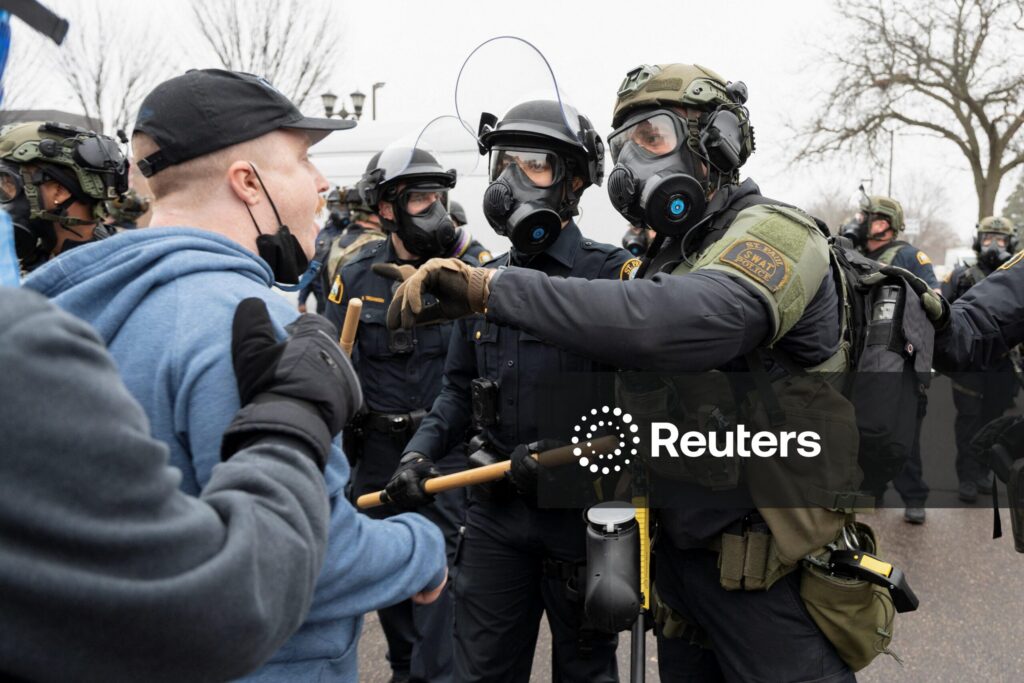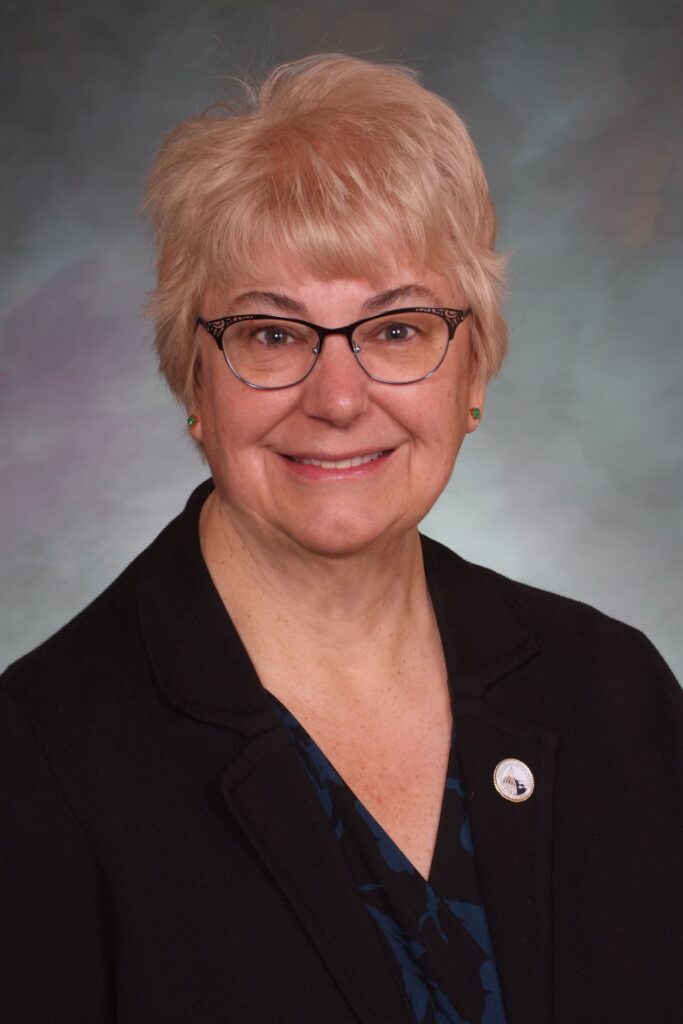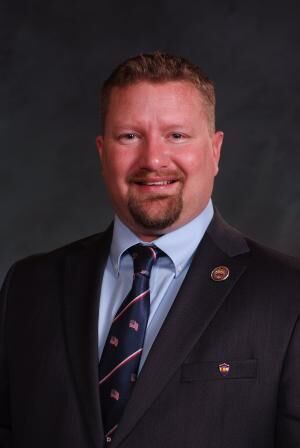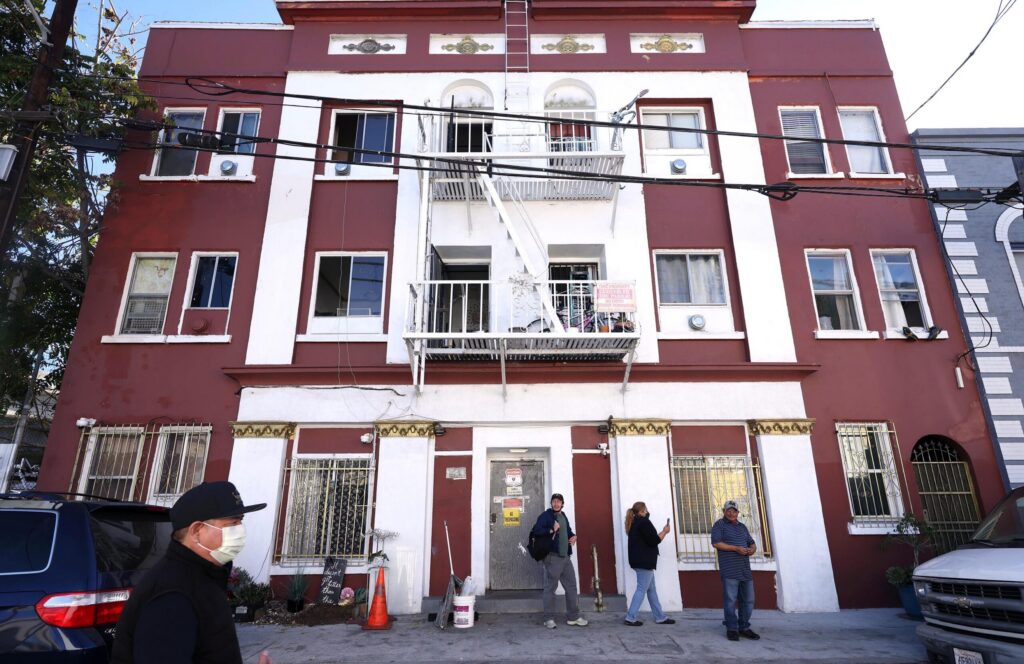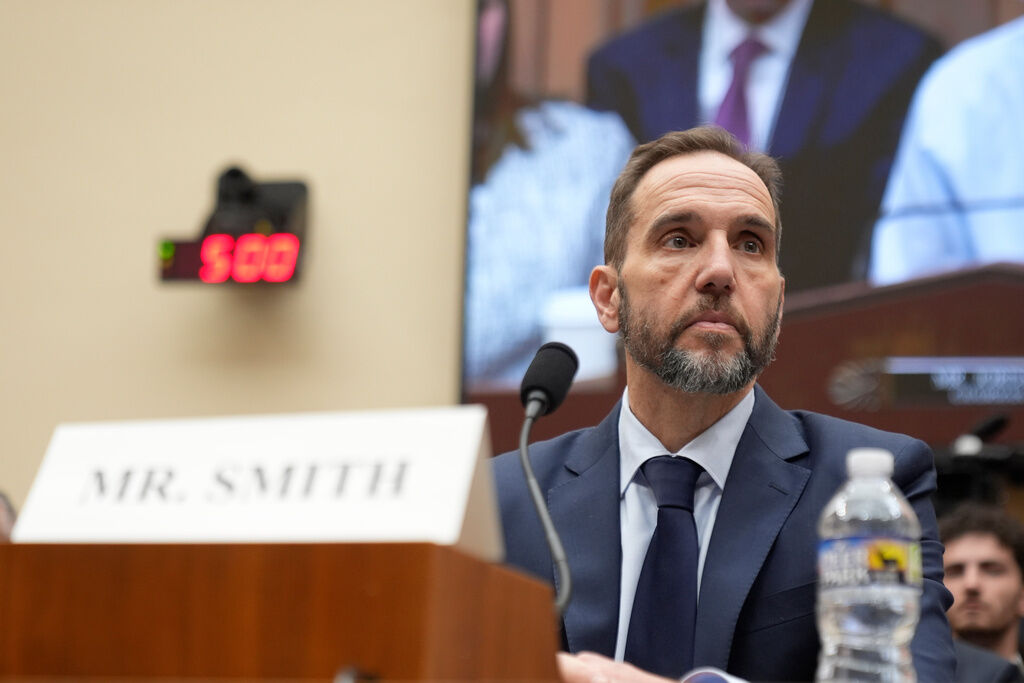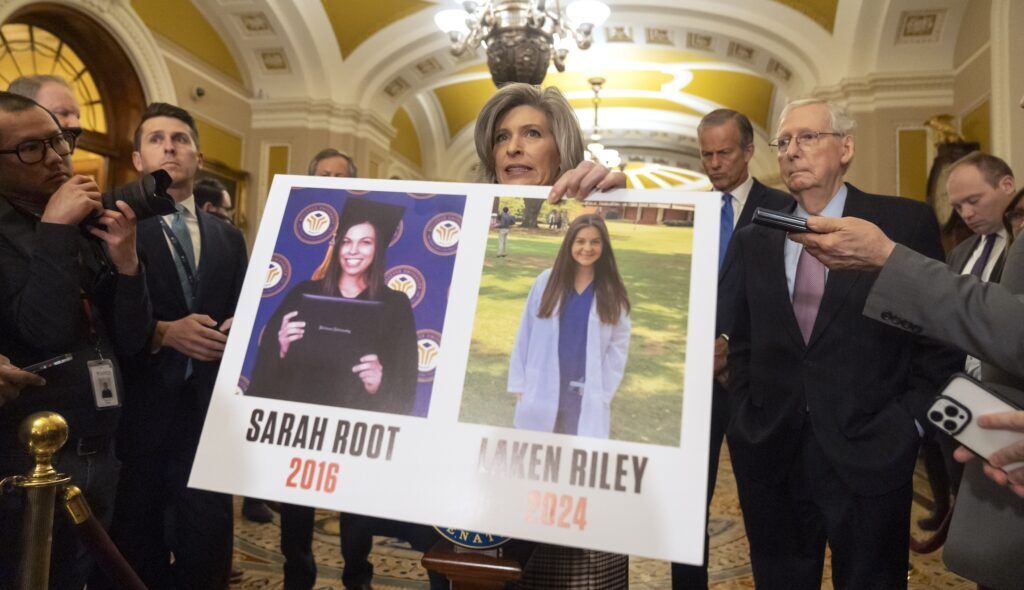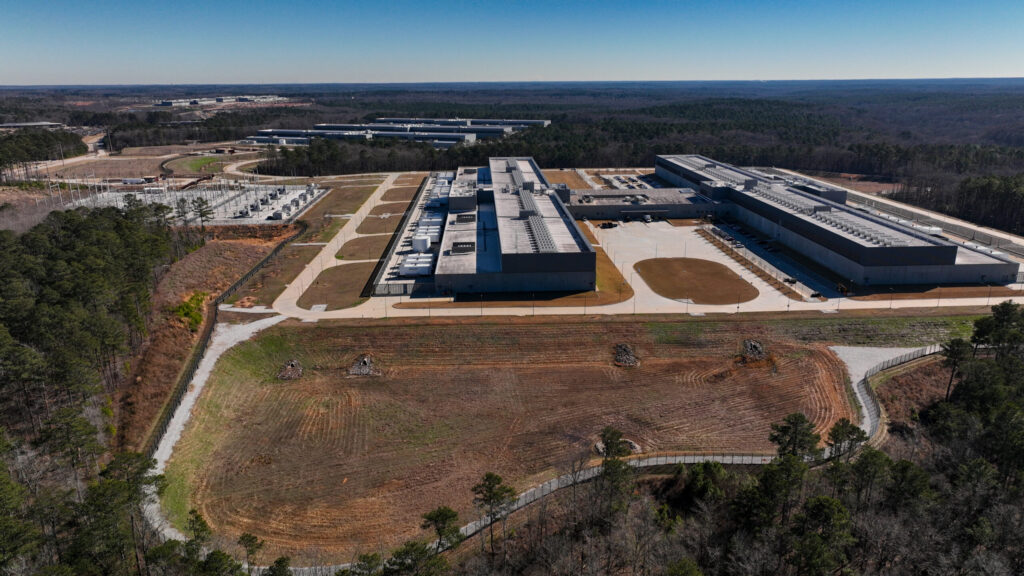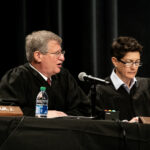Bill exempting Colorado lawmakers from open meeting laws heads to governor’s desk
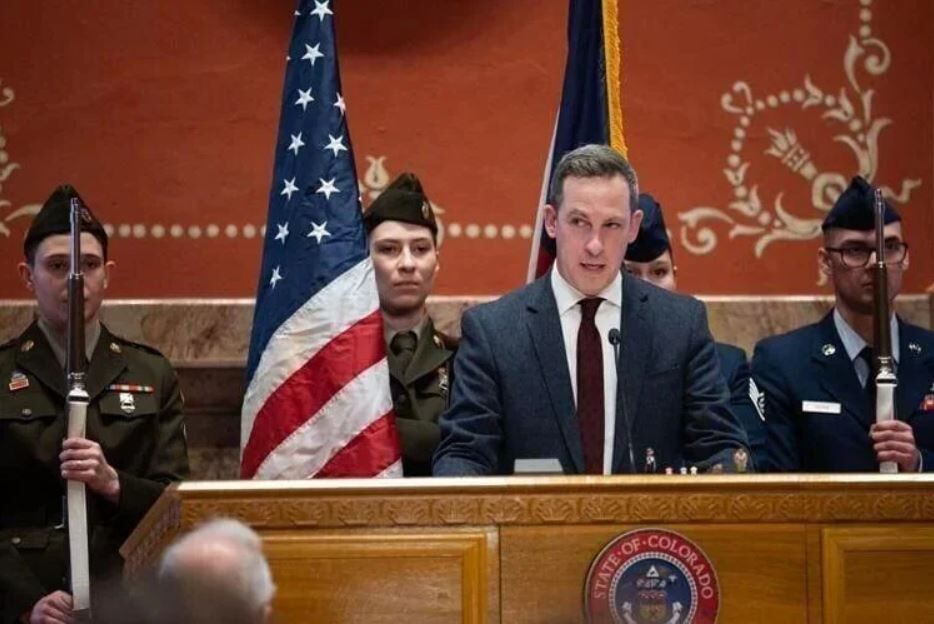
Despite a last-ditch effort by some House lawmakers on Monday, a bill that will exempt the Colorado General Assembly from following parts of the open meetings law established in 1972 is now in the hands of Gov. Jared Polis.
What Polis thinks of the measure, which the House passed on a 39-22 vote, remains unknown.
The state’s 1972 Sunshine Law declares that it is a “matter of statewide concern and the policy of this state that the formation of public policy is public business and may not be conducted in secret.”
But lawmakers at the state Capitol, who complain the law hinders their ability to have private conversations about public policy and bills, including through text or email with their colleagues, seek to rewrite the law.
After passing the House without debate on Friday, Senate Bill 157 was up for its final vote in the House Monday morning.
The measure would put limits on what constitutes “public business” and allow lawmakers to discuss bills and public policy via email or text message without it being subject to the open meetings law. Those communications could be available through an open records request.
The bill has garnered opposition from groups that often ally themselves with Democratic priorities on other issues, particularly elections.
Groups that advocate for transparency in government – including the Colorado Freedom of Information Coalition, Colorado Common Cause, and the Colorado League of Women Voters – have lined up to fight the bill. No one testified in favor of the measure as it was debated in the Senate, Veterans and Military Affairs Committee in February or the House Judiciary Committee hearing last week.
Sponsors have pointed to collaboration on the bill from the Colorado Press Association and the Colorado Broadcasters Association, the only groups invited to participate in the conversation on the measure before its introduction. According to the Secretary of State’s lobbyist website, both groups are in an “amend” position and do not fully support the bill.
Colorado courts have ruled that “for a meeting to be subject to the requirements of the OML, there must be a demonstrated link between the meeting and the policymaking powers of the government entity holding or attending the meeting.” The 2004 ruling said those links exist when the meeting is convened to discuss or undertake actions covered under the open meetings law, which would include legislation.
That means that, under current law, electronic communications can constitute an open meeting.
SB 157 would put an end to that, saying electronic communications would fall only under the state’s open records law, not the open meetings law, and hence be available only through an open records request.
That would require the requestor to know who was in the electronic communication and likely when it took place, instead of requiring those who participated in the electronic communications to provide notice or minutes.
First Amendment attorney Steve Zansberg said the proposal from Democratic leaders, in essence, “completely exempts the General Assembly, and all its constituent committees, from the open meetings law.”
Luige Del Puerto
luige.delpuerto@coloradopolitics.com LuigeDel PuertoEditor
luige.delpuerto@gazette.com
https://secure.gravatar.com/avatar/766fd31de2cd272e966b7901a72100e4?s=100&d=mm&r=g
In the past year, the General Assembly has been sued twice over violations of the open meetings law. In January, a Denver District Court judge ruled that Democrats’ use of “quadratic voting,” a secret vote to determine which bills would be funded by the state budget, violated the law.
Two House Democrats sued the House last year over other violations of the open meetings law, including the use of secretive electronic messaging services and caucus meetings held without public notice or minutes. The lawsuit was settled with an agreement by both caucuses to stop setting those messaging apps to automatically self-destruct and to post minutes and agendas of caucus meetings.
SB 157 was briefly delayed in its final House vote Monday when Republicans tried to send it back to the House Judiciary Committee for a second review, pointing out the measure was not properly vetted.
“People shouldn’t have to go to court to find out what goes on in this room,” said Rep. Ken DeGraaf, R-Colorado Springs.
The motion won support from the two Democrats who sued the General Assembly last year over its open meetings violations – Reps. Bob Marshall of Highlands Ranch and Elisabeth Epps of Denver.
The motion, however, failed on a 19-43 vote.
House Speaker Julie McCluskie of Dillon, who cosponsored SB 157 in the House, said there is more work to do on the issue, including potential changes to the Open Records Act to allow for more notice around electronic communications.
“I am committed to openness and transparency,” she told the House.
Speaker pro-Tem Chris deGruy Kennedy of Lakewood, the other cosponsor, noted that the definition of public business includes introduced or draft legislation and defines a quorum as “contemporaneous” rather than a “walking around” conversation.
No one is suggesting lawmakers should stop having one-on-one conversations, deGruy Kennedy told the House, noting his constituents want to hear that there’s more communication, not less. Any meeting between two legislators is still an open meeting, he said.
Requiring a meeting to be contemporaneous gets into what’s known as “daisy chain” communications. That’s when a one person has a conversation with several people, but one at a time to avoid open meetings requirements. It’s what led Marshall to sue the Douglas County Board of Education in 2022, which he won and in which the school board was ordered to pay more than $100,000 in legal costs accrued by Marshall.
So, what defines “contemporaneous?”
Jeff Roberts of the Colorado Freedom of Information Coalition said: “The notice and minutes requirement wouldn’t be required for meetings in which everyone is not meeting in the same place at the same time.”
For example, a committee chair could have conversations with committee members on a bill, one at a time, as long as there wasn’t a quorum, which would be allowed under the measure.
SB 157 only applies to the General Assembly. It does not apply to local governments.
It’s not immediately clear how Polis would approach his party mates’ proposed changes to the open meetings law.
Last year, Polis vetoed legislation that would have barred the recovery of attorney’s fees by a pro se plaintiff in cases dealing with the open meetings law.
“(We) should strive for increased transparency and accountability, not less transparency and accountability, throughout out democratic institutions,” the governor wrote.
Monday marks the beginning of Sunshine Week across the nation.



